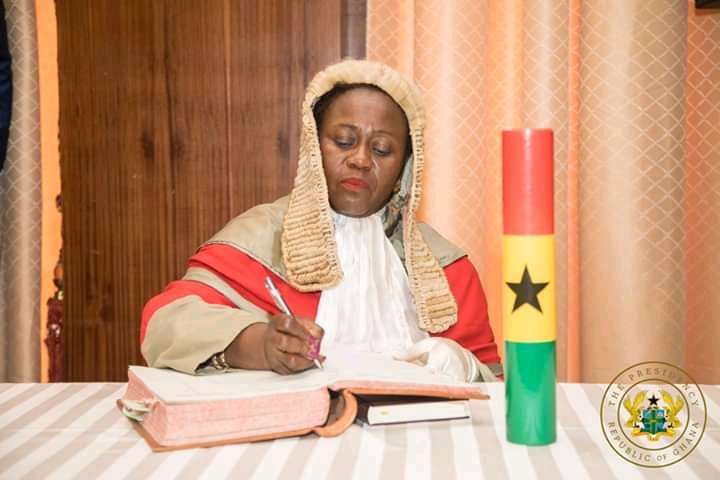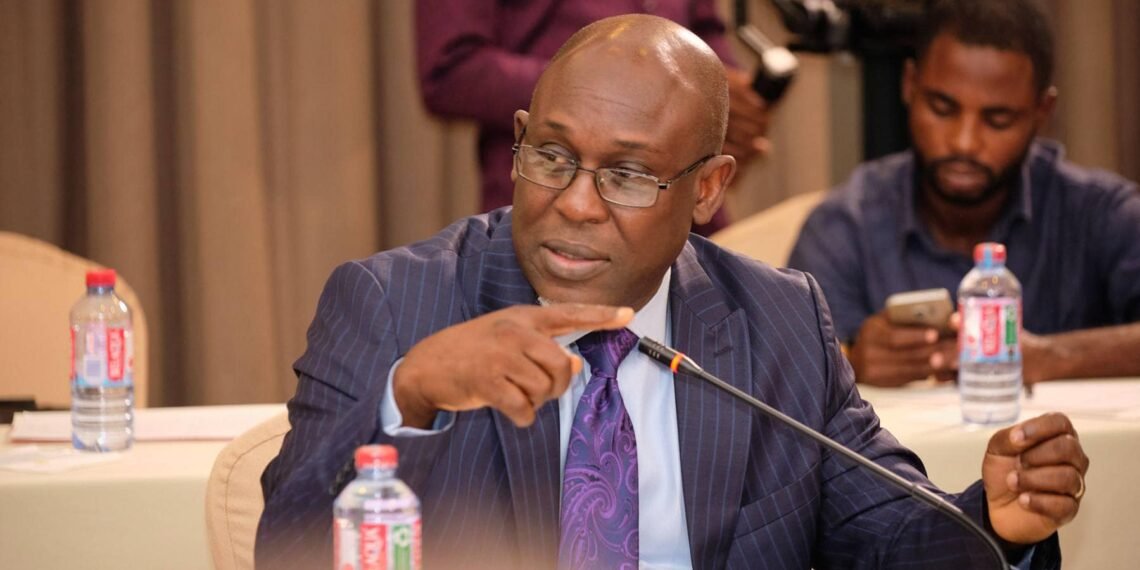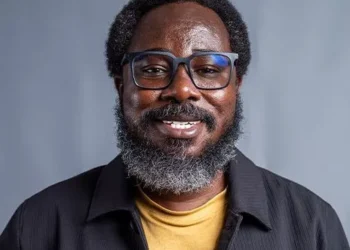Senior Vice President of IMANI Centre for Policy and Education, Kofi Bentil, has called for a paradigm shift that will take away the powers of politicians in the removal of Chief Justices and other constitutionally protected officers.
In a thought-provoking statement, the renowned legal practitioner proposed a fundamental reform of the current removal process, aimed at insulating it from political manipulation and preserving the independence of the judiciary.
“I associate with the view stressed on Newsfile that politicians must take their hands off the removal of Chief Justices and other constitutionally protected officers. It was wrong yesterday and is still wrong today”.
Kofi Bentil, Legal Practitioner and Senior Vice President of IMANI Centre for Policy and Education
Mr Bentil emphasized that the actions of political actors in this regard undermine the principles of democratic accountability and judicial autonomy.
Central to Bentil’s concern is the recognition that the performance and integrity of a Chief Justice—or any judge, for that matter—are best evaluated by those who directly engage with them in a professional capacity.
In the case of the Chief Justice, he maintained, lawyers, judges, and to a limited extent, litigants, are the most competent to assess effectiveness.

He acknowledged, however, that litigants may not always offer objective assessments due to emotional reactions to case outcomes.
“Those who lose cases will always be upset and vice versa. But lawyers and judges experience both wins and losses, and they know if a judge is good or not.”
Kofi Bentil, Legal Practitioner and Senior Vice President of IMANI Centre for Policy and Education
Bentil’s Three Bold Step Procedure
In this light, Bentil proposed a bold three-step procedure to reform how removal petitions against the Chief Justice should be handled.
His approach aims to introduce both procedural fairness and institutional input, while limiting political overreach.
First, Bentil recommended that the President’s office be responsible for establishing a prima facie case when a petition is received. If no such case is made, the petition should be dismissed outright.
Second, once a prima facie case is established, Parliament, rather than the Executive, should act as the forum for evaluating whether the petition warrants further consideration for removal.

Third, if Parliament determines that the matter merits continuation, Bentil proposes that the final decision should rest with the Judiciary itself.
Specifically, he suggested that judges and lawyers vote on whether to remove or retain the Chief Justice, with a simple majority determining the outcome.
According to Bentil, such a system would yield significant benefits, including taking the process out of the hands of politicians, safeguarding judicial independence, and, in addition to introducing a higher threshold, making arbitrary or politically motivated removals more difficult.
Additionally, Bentil noted that such a paradigm would make the Chief Justice more accountable to fellow legal professionals who understand the nuances of judicial performance.
Finally, Bentil believes his proposed reforms would end the culture of political intimidation where judges, including Chief Justices, are pressured into acting in ways that appease political interests rather than uphold the Constitution.

Mr. Bentil’s proposal comes at a time when public confidence in Ghana’s democratic institutions continues to be tested by accusations of executive overreach and judicial compromise.
His comments also echo growing calls by civil society actors and legal reform advocates for the protection of constitutional offices from the whims of changing political regimes.
READ ALSO: PURC Deepens ECG Partnership to Boost Power Delivery



















